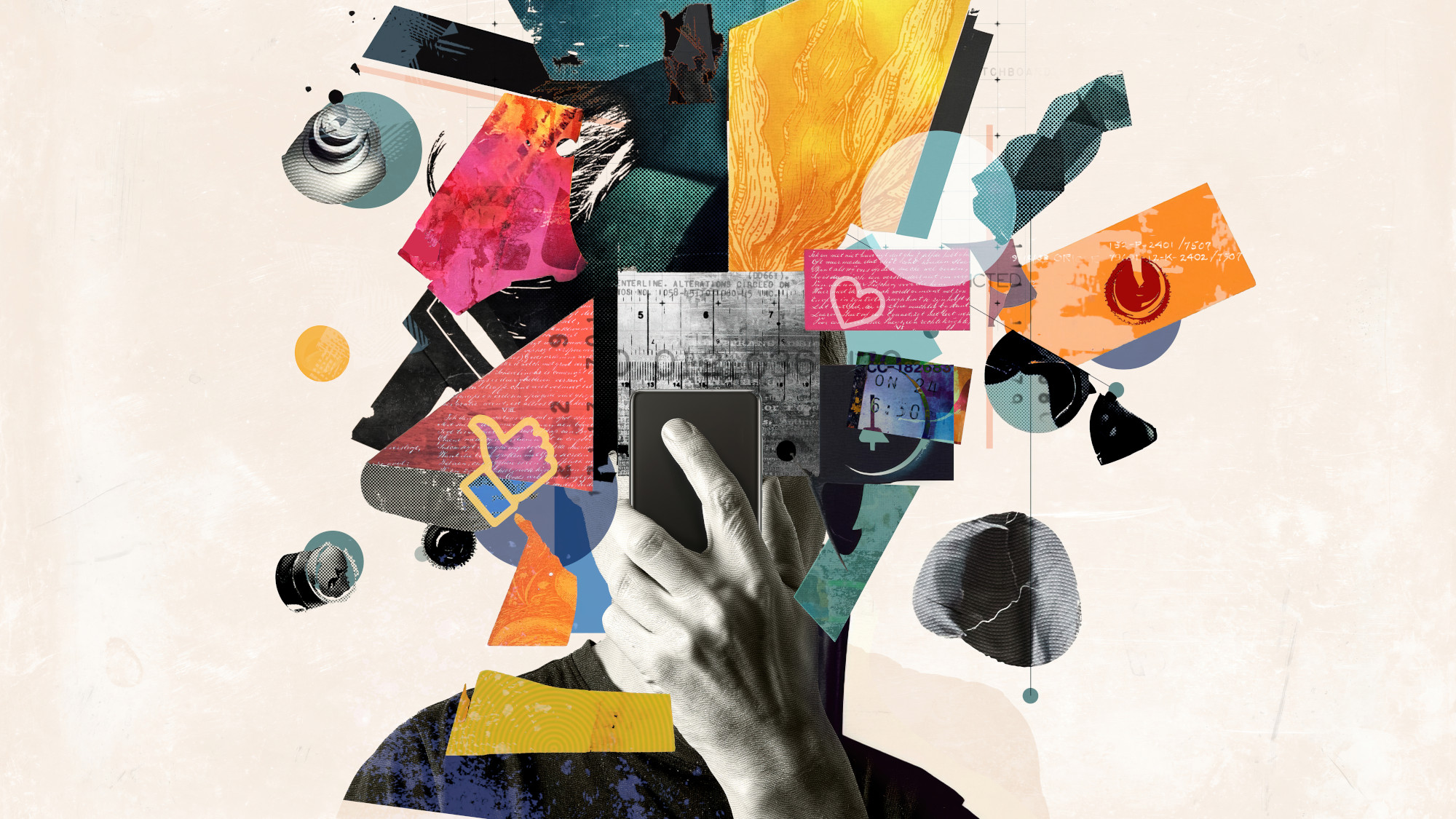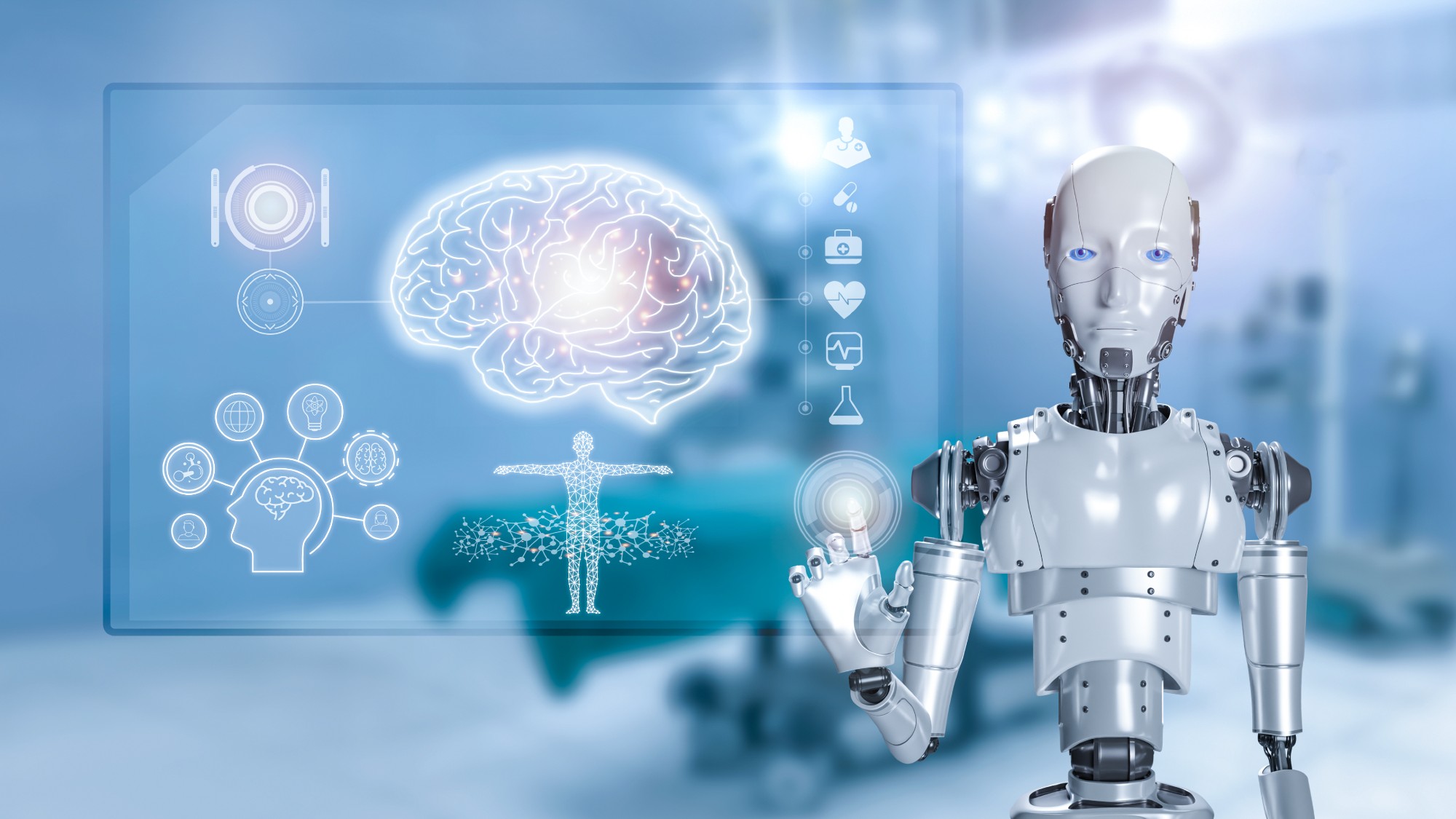Broken brains: The social price of digital life
A new study shows that smartphones and streaming services may be fueling a sharp decline in responsibility and reliability in adults

A free daily email with the biggest news stories of the day – and the best features from TheWeek.com
You are now subscribed
Your newsletter sign-up was successful
"Smartphones and streaming services seem likely culprits" in a catastrophic loss of life skills among younger Americans, said John Burn-Murdoch in the Financial Times. Troubling new data from the University of Southern California's Understanding America Study shows that adults in their 20s and 30s have grown increasingly careless, easily distracted, and less eager to honor commitments. Conscientiousness—"the quality of being dependable and disciplined"—in particular is in "free fall" among people ages 16 to 39, but other measures of the ability to get along with others are falling, too. Since 2017, neuroticism has jumped while agreeableness and extroversion have dropped. More Americans say they are easily distracted, and fewer think they are helpful or outgoing. After all the time we spend online, "real-life commitments now feel messy and effortful."
Even our sense of time is getting warped by social media "impairing both short-term and long-term memory," said Gurwinder Bhogal in The Free Press. Chances are you can't remember any of the posts you saw in your feed, even if you scrolled for hours. This is because "attention engineers" have designed the interfaces and algorithms so that the feeds resemble casinos, never-ending mazes of shiny posts and videos that hypnotize you into passivity. "A social media feed is like the Lethe," the mythical river where lost souls sought absolution and received it in the form of oblivion. If you need hard evidence of how this is playing out in the real world, said Colby Hall in Mediaite, "just go to any public park and witness the vast majority of people staring into their phones."
"No, the kids are not alright," said Sydney Saubestre in U.S. News & World Report. But it's awfully easy to just blame smartphones and social media for society's ills. The idea that social media is responsible for declining mental health "is based on weak correlations and ignores a broad range of other factors," such as academic pressures, poverty, family instability, and exposure to violence. "Remember the panic in the 1990s over video games and youth violence?" We're looking again for the same easy solutions to hard problems.
The Week
Escape your echo chamber. Get the facts behind the news, plus analysis from multiple perspectives.

Sign up for The Week's Free Newsletters
From our morning news briefing to a weekly Good News Newsletter, get the best of The Week delivered directly to your inbox.
From our morning news briefing to a weekly Good News Newsletter, get the best of The Week delivered directly to your inbox.
But the internet was supposed to fix social isolation and fragmentation, said Yascha Mounk in The Dispatch. Technologists claimed it would "make us realize how much we have in common with those who are very different from us." Instead, the internet has sparked a return to tribalism, made us less likely to socialize outside digital spaces, and "left more people single and celibate"—despite the endless stream of potential romantic matches on dating apps. The tools "we built to connect us are, in practice, turning us into the worst version of ourselves."
A free daily email with the biggest news stories of the day – and the best features from TheWeek.com
-
 6 of the world’s most accessible destinations
6 of the world’s most accessible destinationsThe Week Recommends Experience all of Berlin, Singapore and Sydney
-
 How the FCC’s ‘equal time’ rule works
How the FCC’s ‘equal time’ rule worksIn the Spotlight The law is at the heart of the Colbert-CBS conflict
-
 What is the endgame in the DHS shutdown?
What is the endgame in the DHS shutdown?Today’s Big Question Democrats want to rein in ICE’s immigration crackdown
-
 Moltbook: The AI-only social network
Moltbook: The AI-only social networkFeature Bots interact on Moltbook like humans use Reddit
-
 Are AI bots conspiring against us?
Are AI bots conspiring against us?Talking Point Moltbook, the AI social network where humans are banned, may be the tip of the iceberg
-
 Are Big Tech firms the new tobacco companies?
Are Big Tech firms the new tobacco companies?Today’s Big Question A trial will determine whether Meta and YouTube designed addictive products
-
 Silicon Valley: Worker activism makes a comeback
Silicon Valley: Worker activism makes a comebackFeature The ICE shootings in Minneapolis horrified big tech workers
-
 AI: Dr. ChatGPT will see you now
AI: Dr. ChatGPT will see you nowFeature AI can take notes—and give advice
-
 Can Europe regain its digital sovereignty?
Can Europe regain its digital sovereignty?Today’s Big Question EU is trying to reduce reliance on US Big Tech and cloud computing in face of hostile Donald Trump, but lack of comparable alternatives remains a worry
-
 Claude Code: Anthropic’s wildly popular AI coding app
Claude Code: Anthropic’s wildly popular AI coding appThe Explainer Engineers and noncoders alike are helping the app go viral
-
 Is social media over?
Is social media over?Today’s Big Question We may look back on 2025 as the moment social media jumped the shark